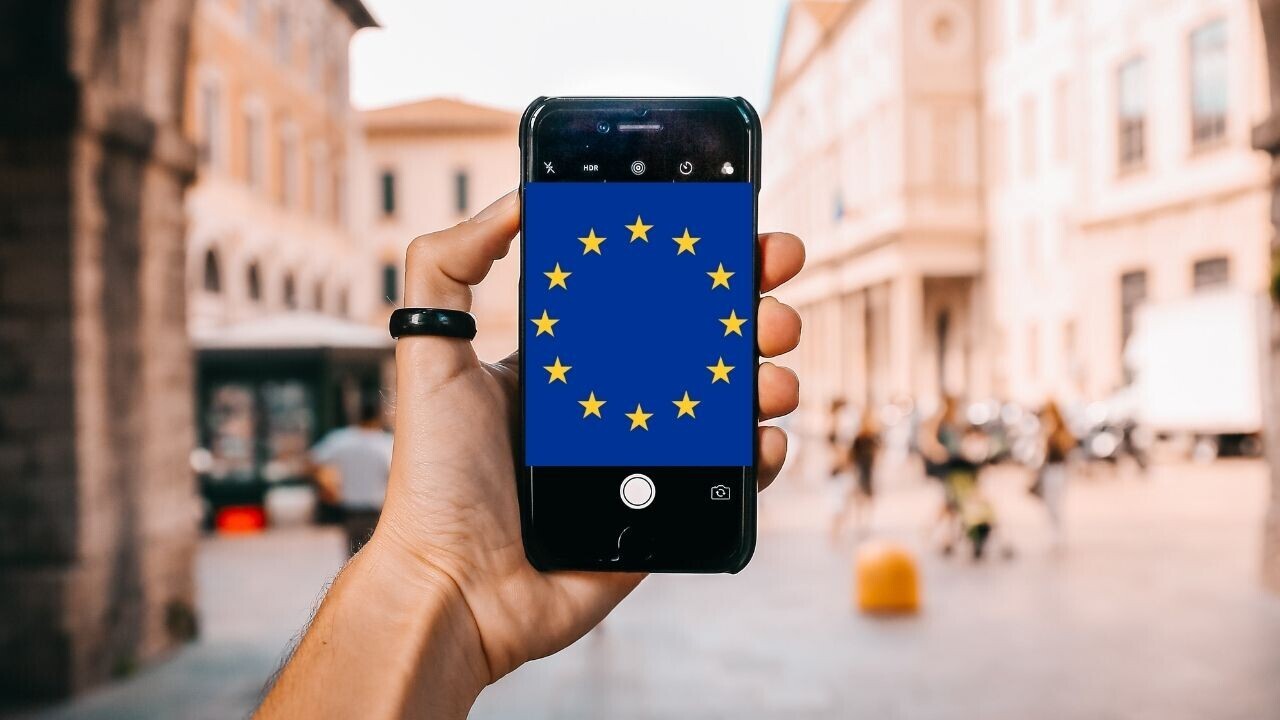The EU has unveiled plans for a digital ID wallet that people in the bloc could use to access services across the 27 member states.
Citizens will be able to use the wallets to prove their ID and share electronic documents “with the click of a button on their phone,” the European Commission said on Thursday.
“The European digital identity will enable us to do in any Member State as we do at home without any extra cost and fewer hurdles,” said Margrethe Vestager, the European Commission’s executive vice president for digital.
[Read: This dude drove an EV from the Netherlands to New Zealand — here are his 3 top road trip tips]
Under the proposals, the bloc’s 27 member states will offer citizens and businesses digital wallets that can link their national digital IDs with documents including driving licenses, diplomas, and bank accounts.
They could then use the wallets to rent cars, enroll in colleges, or open bank accounts in other member states.
Today we propose to offer Europeans a new digital identity.
One that ensures trust and protects users online.
With it, you will be able to prove your identity and share electronic documents from your European Digital Identity wallet with the click of a button on your phone. pic.twitter.com/an5FJ6eN5C
— Ursula von der Leyen (@vonderleyen) June 3, 2021
Online platforms such as Google and Facebook would also be required to accept the wallets to access their services.
“Because of that, you can decide how much data you want to share — only enough to identify yourself,” Vestager said during a virtual media briefing.
The EU says the wallets will be available to any citizen, resident, and business in the bloc, but they will not be mandatory.
€9.6 billion ($11.7 billion) in extra revenue to the bloc and generate up to 27,000 new jobs over five years.
The Commission hopes to reach an agreement with member states on the proposals by September 2022 before commencing pilot projects.
Critics have raised concerns about potential security risks, but the EU has big hopes for the system. The bloc says it could generate €9.6 billion ($11.7 billion) in extra revenue and up to 27,000 new jobs over five years.
Greetings Humanoids! Did you know we have a newsletter all about AI? You can subscribe to it right here.
Get the TNW newsletter
Get the most important tech news in your inbox each week.






